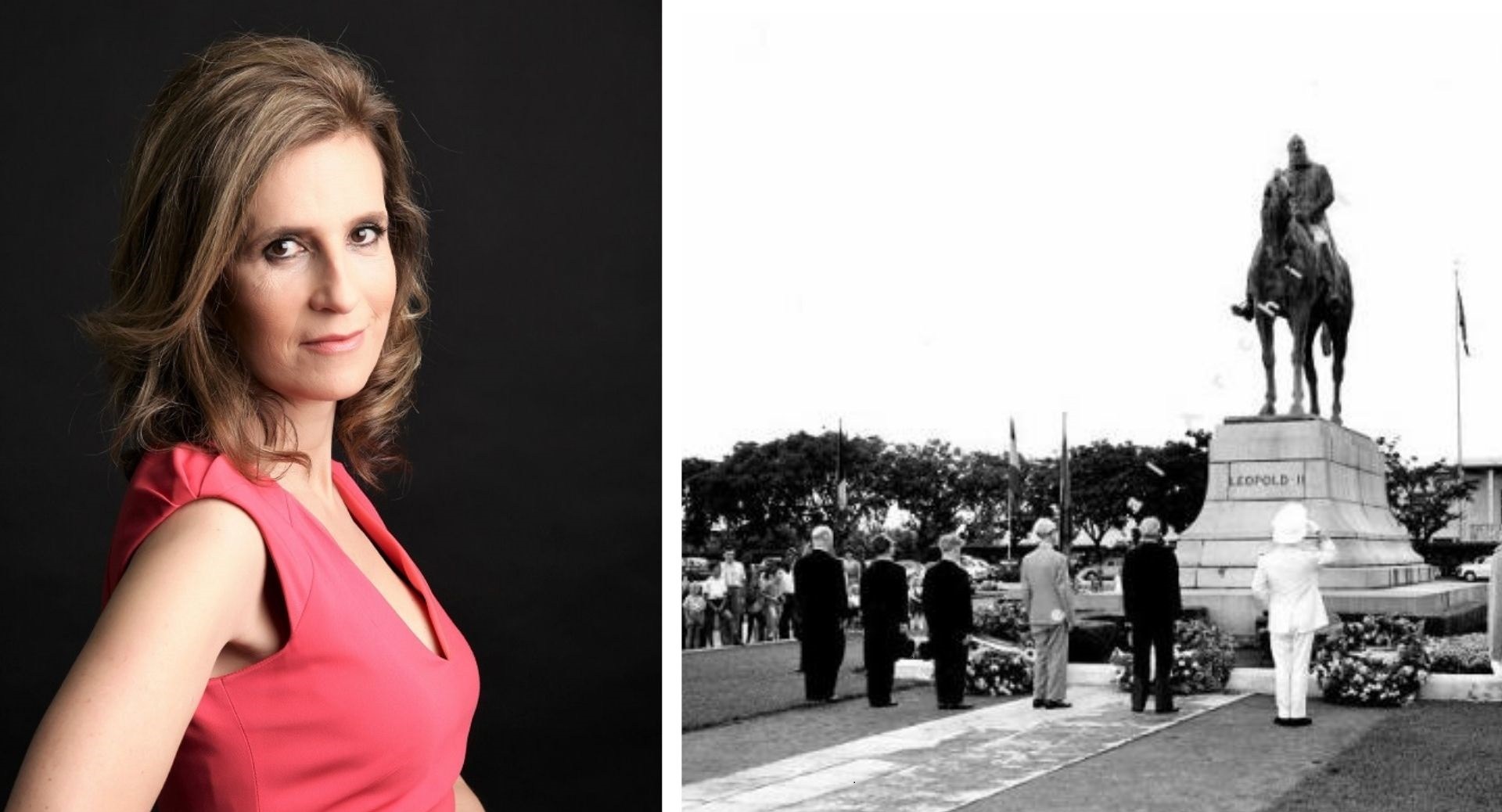Journalist, author and documentary-maker Esmeralda de Réthy – also known as Princess Esmeralda of Belgium – explains that removing the statues of her great-granduncle Leopold II is just a first step. Belgium must also apologise for its colonial atrocities, start teaching the true history of what it did in Congo, and begin a conversation about reparations
For many, it only began last year, after the murder of George Floyd. The Black Lives Matter protests about police brutality in the United States were mirrored in Europe, where strains of racism are baked into the system. In Belgium, the focal points of the rage were the statues of King Leopold II who presided over the pillaging of Congo’s natural resources and the violent exploitation of its population.
The sovereign’s rule was brutal, even by the standards of 19th-century imperialism. He seized personal control of Congo, a territory 77 times the size of Belgium, enslaved its people, plundered its resources, and left a death toll in the millions.
He was also my great-granduncle and I feel that I have a responsibility to join the growing numbers of Belgians breaking the taboo to talk about our country’s colonial atrocities.
The protests last summer were a tipping point. There is systemic racism in our European societies that can be traced back in history to colonialism and imperialism. Ethnic minorities continue to face discrimination when they seek jobs or housing, or when they are stopped by the police.
The anger toward the statues is understandable. Why should people of colour trust the same authorities who have kept monuments to colonisers and slave traders in place? They may be symbols, but they are not trivial. Their continued presence is a painful reminder of historical trauma.
We should remove these statues. They glorify the men – and yes, they were all men – who were the white supremacists and who brought killing and suffering to the natives of so many countries in Africa, Asia and the Americas.
Belgium also needs to apologise. Last year, on the 60th anniversary of Congo’s independence, King Philippe issued a statement expressing his “deepest regret” for the wounds of the past. At the same time, a parliamentary truth and reconciliation commission was set up to look at Belgium’s colonial history.
These are important steps, but they do not go far enough. I believe that Belgium and all European former colonial powers must face the historical legacy of colonialism and white supremacy to build a fairer society. They must tell the truth. Even though the Democratic Republic of Congo (DRC) has been independent since 1960, schools here have long taught children about Belgium’s “civilising mission” to its former colony.
We have to end the propaganda. We extracted resources out of the country using forced labour, terror and killings. The final death toll from our time in Congo will never be known but amounts to millions. These were crimes against humanity.
We need to teach children in schools that Belgium’s wealth and great buildings were funded by the sales of ivory, rubber and timber plundered from our colony. The Congolese had no right to own land or to vote, almost no access to higher education. The country belonged to the whites. The myths passed down from generation to generation are sanitised colonial nostalgia. They must be replaced by historical facts.
Our final task will be to talk about reparations. This is a difficult conversation, yet we must have it if we are to confront our past. There are different ways of doing it, but it could start with a fairer trading system to help the developing world and the cancellation of debts held by former colonies.
It should also include measures to halt the environmental exploitation that continues today. I'm an ambassador for the WWF and the president of the Leopold III Fund for Nature Exploration and Conservation. I can see the link between colonialism, racism and the climate crisis, as natural resources are still being pillaged in developing countries by multinationals for the benefit of consumers in rich countries. This brings environmental destruction, while indigenous people, treated as second class citizens, are displaced, brutalised or murdered.
Who, today, can honestly defend the colonial system based on the alleged superiority of a race? Who can justify what Belgium did in the Congo? Now is the time to open a new page of history. If we want to heal and reconcile, we must start by telling the truth.

